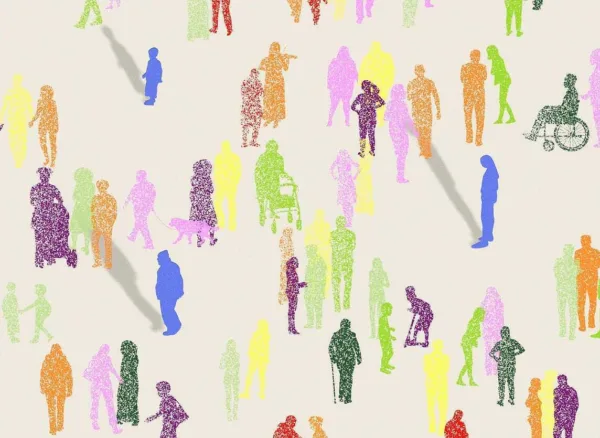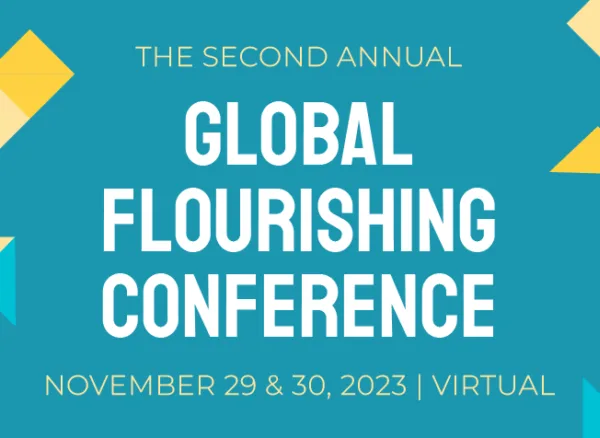Menu

In this episode of Stories of Impact, we consider the impact of climate health on human flourishing with global leader, Mary Robinson, first woman President of Ireland. Since Robinson’s tenure as Ireland’s President ended in 1997, she has continued her steadfast work to advocate for gender equity, and human rights, and most recently, climate justice.
Listening
Robinson is the current chair of The Elders, an independent alliance of global leaders working together for peace and human rights. The coalition was founded by Nelson Mandela in 2007, and at that time he emphasized the crucial importance of listening. It’s a lesson Robinson puts into practice in a variety of ways. Encouraging intergenerational listening and learning together is an important one. “I love to listen to the incredible energy and innovation and entrepreneurship of young climate activists, because it’s not a one-way course. I learn as much as I convey by being supportive in the way that I listen to them. I think listening is a very powerful way of providing oxygen for people to breathe more deeply and find their way forward.”
Climate justice
Robinson’s understanding of the importance of climate has developed and deepened over time. She has identified various “layers of injustice that require that a climate justice approach,” including note of how climate change affects disproportionately smaller and poorer countries, as well as the poorer communities in richer countries, and indigenous people. The impacts of climate change are also “more severe on women and girls, because of their different social roles. They’re more severe if girls have to stay out of education because the school has been destroyed, they’re pushed into early child marriage. They’re more severe because women still have to put food on the table.”
Empathy toward climate justice is increasing but there is still a long way to go to see real substantive change. Global response to climate change and collective action is making a difference, but Robinson says those efforts must be sustained and embraced wholeheartedly by all global actors. “I was the special envoy of the UN Secretary General before the Paris Agreement. And I saw that developing countries, including the smallest islands, wanted to go green as much as possible. But they said we will need the investment, we will need the technology, we will need the skills, we will need the patent rights even. And we haven’t shown that solidarity. If they go the dirty route in taking people out of poverty, they will be the first affected — that’s the first injustice — but it will use up the carbon budget. So it doesn’t make sense for us not to help developing countries to go green. As yet, we are not doing enough of it.” Robinson is disappointed and concerned that the wealthiest countries have shirked responsibility to address global impact, and that the commitments made recently at The Convention on Biological Diversity’s 15th Conference of the Parties (or COP) fall short of what’s needed for real progress. Still, her experiences as a seasoned leader have made her a believer in resilience, and she sees herself as, if not an optimist — referring to a quote from Archbishop Desmond Tutu — a “prisoner of hope” for the future.
Inclusivity
As she calls for urgent action to safeguard climate health and sustainability, Robinson includes all living beings as deserving of the right to a flourishing future. She sees a path forward that includes respecting the health of the planet as a whole, recognizing and embracing the wisdom and leadership of indigenous people and cultures. “Now we have to go further, and think of the dignity and rights of those beyond human. And I mean, not just animal and birds and fish species, but also the rivers and the air... Indigenous wisdom, that’s what’s going to help us in really living sustainably going forward.”
Read the transcript from the interview conducted by journalist Richard Sergay, presented by podcast producer Tavia Gilbert. Featuring: Mary Robinson, former President of Ireland (1990-1997); former United Nations Commissioner for Human Rights; Current chair of The Elders.
Built upon the award-winning video series of the same name, Templeton World Charity Foundation’s “Stories of Impact” podcast features stories of new scientific research on human flourishing that translate discoveries into practical tools. Bringing a mix of curiosity, compassion, and creativity, journalist Richard Sergay and writer / producer Tavia Gilbert shine a spotlight on the human impact at the heart of cutting-edge social and scientific research projects supported by TWCF.



